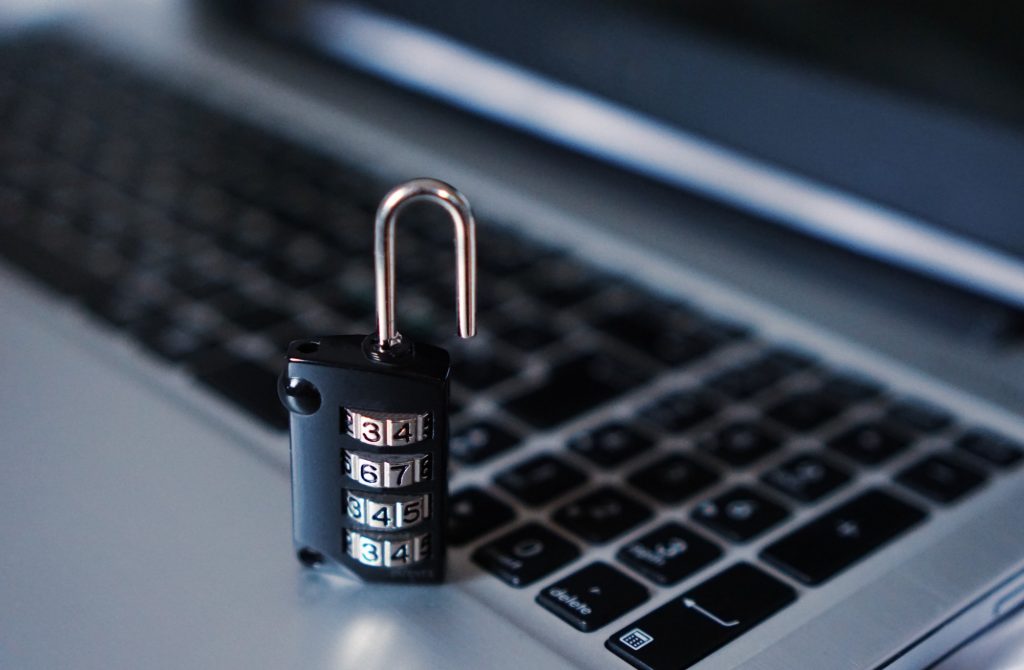
Having your personal information and data hacked is an enormous invasion of privacy.
You may feel embarrassed, angry, scared, and even blame yourself for failing to take the proper precautions.
While a personal data hack certainly has severe consequences, they often only involve you. But when your company’s entire network is digitally violated?
You’re jeopardizing your clients’ privacy, your financial stability, and the reputation of your company as a whole.
To avoid hackers and do what you can to limit your risk of a cyberattack, read this list of the top cyber security tips.
Remember: it’s easy to protect your data, but often impossible to get it back.
1. Implement a Company-Wide Security Policy
The very first step in proper data security management?
Make certain that you make your expectations about your company’s security policies clear to your employees.
Come up with a hard rule about how often they need to update their passwords, and remind them that when possible, they shouldn’t use the same password for multiple accounts. Have strict rules regarding what kind of work can be done outside of the office, and what must be completed in-house.
Make sure your team knows who they can and cannot share documents with, even within the company itself.
Tell them to avoid opening personal emails at work — especially if they’re from an unknown or new sender — to prevent phishing scams.
Taken preventative action before it’s too late can save your company from financial and reputational disaster.
2. Switch to SSL Certificates
If your website address still begins with “HTTP” instead of “HTTPS” you’ve already got a serious problem on your hands.
HTTP stands for hypertext transfer protocol, which is a fancy way of saying that it’s what moves data from a server to an individual browser (so users can see your site.)
HTTPS, or hypertext transfer protocol secure, has the same function. However, in standard HTTP protocols, the user’s data isn’t encrypted and is therefore available to hackers. HTTPS protocol adds an extra layer of security called an SSL certificate, which ensures that the connection is encrypted.
Few people today will even bother to visit a website that’s not secured by an SSL certificate.
3. Enable Data Encryption
Another one of the most important cyber security tips is to encrypt your data.
You wouldn’t just give a bunch of random strangers the keys to your front door, right?
Well, if you don’t encrypt your data, that’s pretty much exactly what you’re doing.
Data encryption means that only users that you authorize (by giving them a digital “key” to the content) can see your data. To anyone else, your information will look like a bunch of random numbers and letters.
Check out this helpful post on how to enable data encryption to make it happen.
4. Stop Putting off Software Updates
Looking for more ways to prevent security breaches?
The good news is that sometimes, it’s as easy as simply updating your software.
While no one likes having to wait ten minutes and reboot their entire systems after an update, operating systems have these updates in place for a reason.
They don’t just speed up your loading time and fix annoying bugs that cause programs to crash.
They also guard against new security threats and improve your current security software.
5. Work with a Professional IT Company
If you’re serious about data security (and you should be) sometimes the best thing to do is leave it to the professionals.
Hiring the right IT service helps to ensure that your software is always updated, that you’re using the latest tools to guard your data, and more. Plus, even if there is a problem, having a professional on your side can help you to get your site back up and running again in no time — without having to negotiate with hackers.
IT companies will run hourly or more frequent backups of your website data. They’ll help to ensure that even if you lose power, you won’t lose your work. Plus, they’ll improve your overall software and site performance, and often provide 24/7 network support.
6. Never Access Sensitive Documents on Public Wifi
The final entry on our list of data security tips might be an unpopular one, but it’s also something companies can no longer afford to ignore.
While we all love the convenience of public Wifi, the fact is that accessing work or personal documents over an unsecured network is a golden opportunity for hackers.
That guy sitting next to you at the coffee shop?
If you’re using public Wifi, he could very easily be downloading your data at this very moment.
It’s not worth the risk. Enjoy your latte — work can wait until you’re on a secure wireless network.
These Cyber Security Tips Will Protect Your Customers and Your Company
Following these cyber security tips doesn’t just help you to keep your customers’ credit card information and personal data safe.
A strong security policy also protects your company from lawsuits that could quite easily put you out of business.
Yes, new hacker techniques are evolving every day — which is why leaving your digital security to the experts is often your best option. It’s an investment that’s well worth it.
Want to learn more about how to create a hackerproof password? Curious about the security of your current web hosting platform? Looking for more cyber security advice?
Our blog has all the information you need to get several steps ahead of hackers. Bookmark our page and read our posts daily to stay informed.

